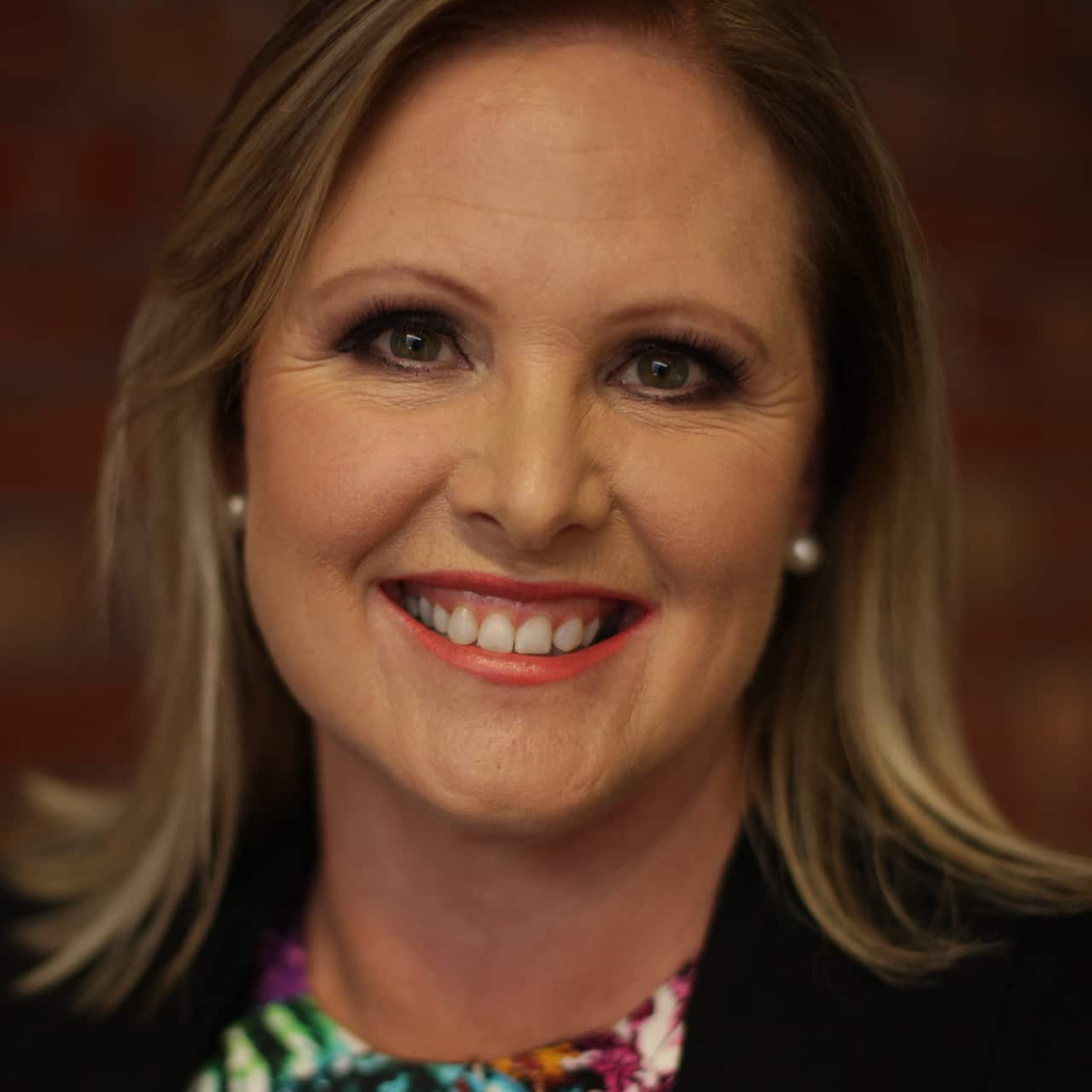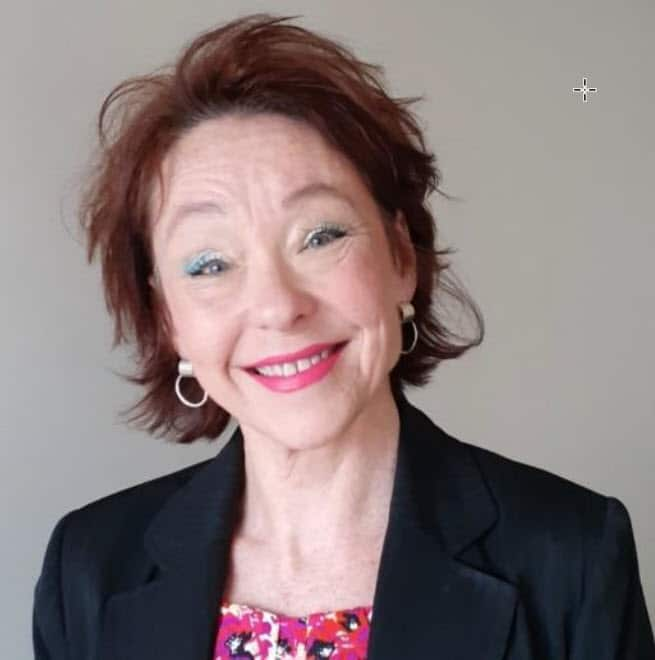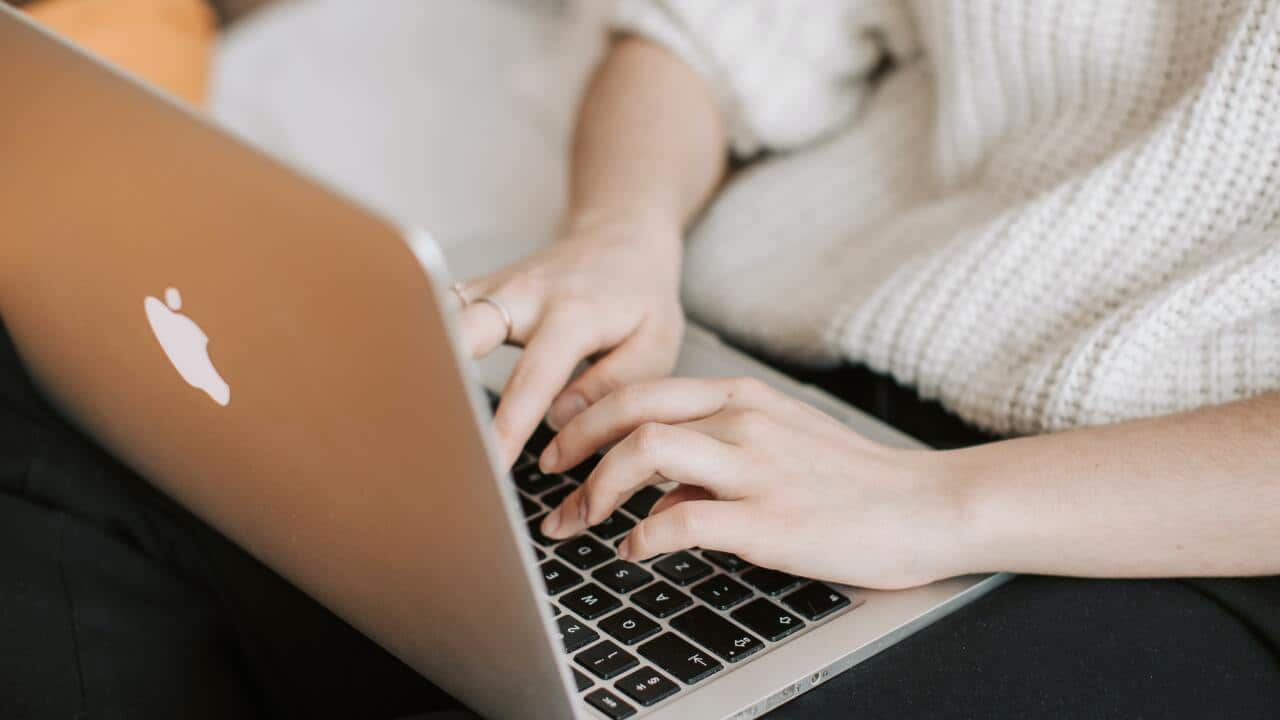During the COVID-19 lockdowns, Australians spent more time online for work, school, socialising, and to escape the boredom of isolation. But this rise in screen time has also seen a massive increase in cyberbullying in Australia and around the world.
The eSafety commissioner reported a 49% increase in adult cyber abuse, a 123% increase in illegal and harmful content, and a 172% increase in image-based abuse.
It was the end of May 2021 when Farah began to experience cyberbullying and harassment. She remembers finding something wrong late one night when checking Instagram.
I came across a fake page with lots of followers on it, which tagged my Instagram page. When I checked that page, I realised there are lots of photos stolen off my public accounts of me and my family members, with lots of bad words in the captions.
Farah says this page “tagged” many of her family members, friends, and clients, as well as the business pages she was promoting. Abusive language, threats and sexually explicit commentary were posted alongside images of Farah and her family.
I went to the police station and I asked them for help. I told them that someone is harassing me and my family online. But to be honest, it was hard to explain how bad it was.Farah
Susan Mclean is one of Australia’s leading experts in cyber safety and was a member of Victoria Police for 27 years. She says that online harassment and cyberbullying should be reported the minute it becomes repeated and targeted.

Research shows that cybercrimes are not often reported because of fear, stigma, and a lack of knowledge about the protections offered by Australian law.
Unfortunately, sometimes police are not well trained to understand the criminality of this behaviour and they don't always provide what I would call a first-class service to the victims. Often victims have to repeatedly try and get the police to listen, but it is a crime under commonwealth lawSusan McLean
The police investigated Farah's case and helped her to put forward an Interim Personal Safety Order against the perpetrator. Despite this the harassment continued, and Farah was forced to take the case to the courts.
It has been such a hard and draining process. It affected my mental health, my work, my relationships, and my family members' lives too. I don’t want to give up and go off social media because this is what he really wantsFarah
Jane Hasler is a lecturer, sociologist, and mental health professional. Her work focuses on preventing bullying, suicide, and male violence.

She says that underpinning bullying and harassment is a need for power and control over others. There is often a gendered component to bullying, and this carries over into cyberbullying as well.
Jane says that early intervention is important in reducing bullying in adulthood. If schoolyard bullying is left unchecked, it can turn into workplace bullying and cyberbullying.
This is why my whole focus is very much on school bullies. So on prevention from a young age.Jane Hasler
Both Jane and Susan acknowledge that cyberbullying is in some part a technology problem, but at it's core are interpersonal relationship issues. Education and behavioural changes are the key to preventing online abuse.
Technology can be the most fabulous tool that we have in the world, but like anything it does involve risk. We have to take steps to protect ourselves and others.Susan Mclean
To listen to the full episode with Farah’s story and the experts' advice, click on the audio above or find Harmful in the SBS radio app, at sbs.com.au/harmful, or in your favourite podcast app.
Harmful is hosted by Wiradjuri woman and Science and Technology journalist Rae Johnston and produced by journalist, podcaster and digital content producer Maram Ismail.




